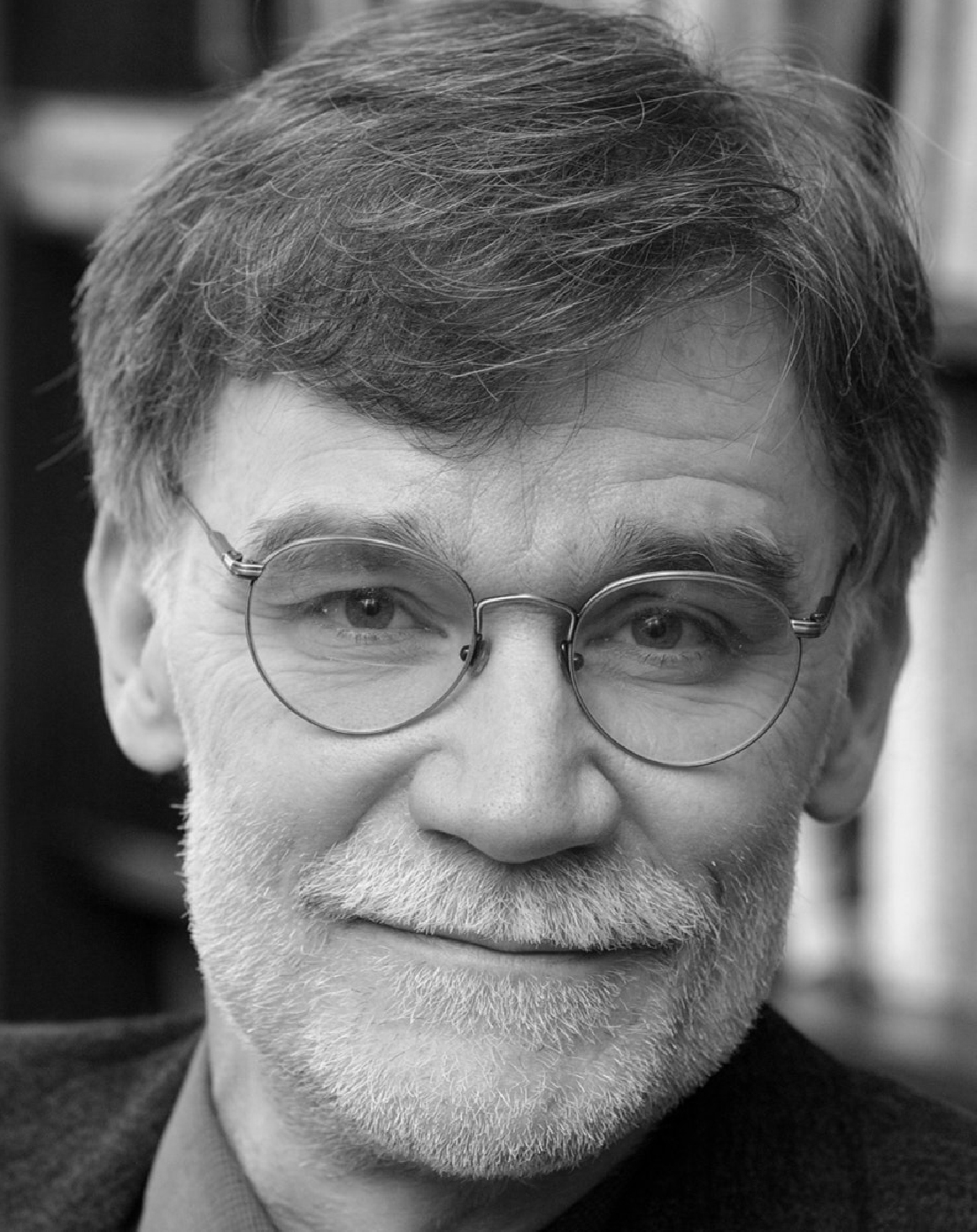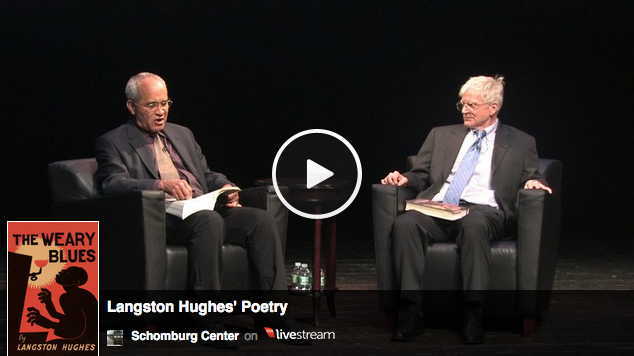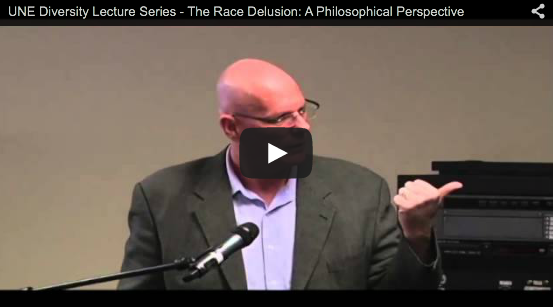For all the words we could pick to describe this election cycle, one word that most of us would agree on would be overwhelming. We’ve seen a record number of campaign contributions, more ads, and more news stories than any other election in recent memory.
One major topic has been the practice of voter suppression, long thought to be a relic of the 1950s. 2012 winner David W. Blight tackled the issue in a recent op-ed in the New York Times, giving us the example of Frederick Douglass’ attempts to vote as a fugitive man—not quite free, not quite a slave:
In 1840, and again in 1841, the former Frederick Bailey, now Frederick Douglass, walked a few blocks from his rented apartment on Ray Street in New Bedford, Mass., to the town hall, where he paid a local tax of $1.50 to register to vote. Born a slave on Maryland’s Eastern Shore in 1818, Douglass escaped in an epic journey on trains and ferry boats, first to New York City, and then to the whaling port of New Bedford in 1838.
By the mid-1840s, he had emerged as one of the greatest orators and writers in American history. But legally, Douglass began his public life by committing what today we would consider voter fraud, using an assumed name.
It was a necessary step: when he registered to vote under his new identity, “Douglass,” a name he took from Sir Walter Scott’s 1810 epic poem “Lady of the Lake,” this fugitive slave was effectively an illegal immigrant in Massachusetts. He was still the legal “property” of Thomas Auld, his owner in St. Michaels, Md., and susceptible, under the federal fugitive slave law, to capture and return to slavery at any time.
Read the rest of Blight’s op-ed here and read his interesting take on current voter suppression laws.



